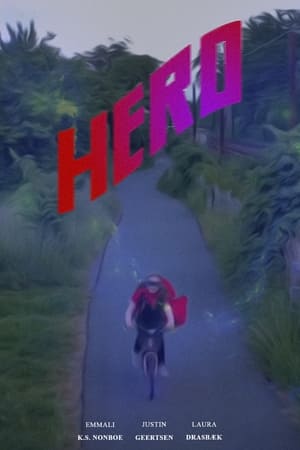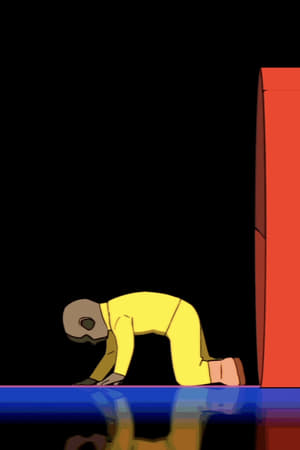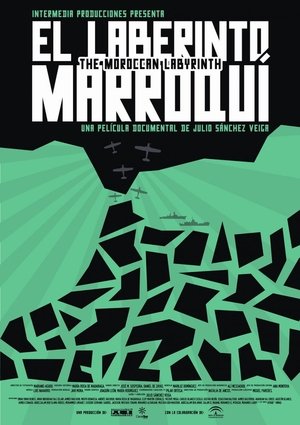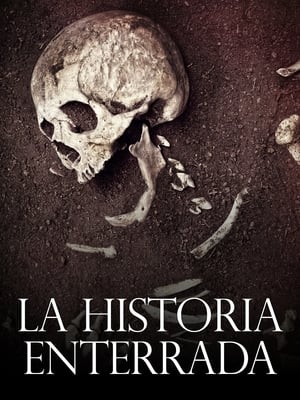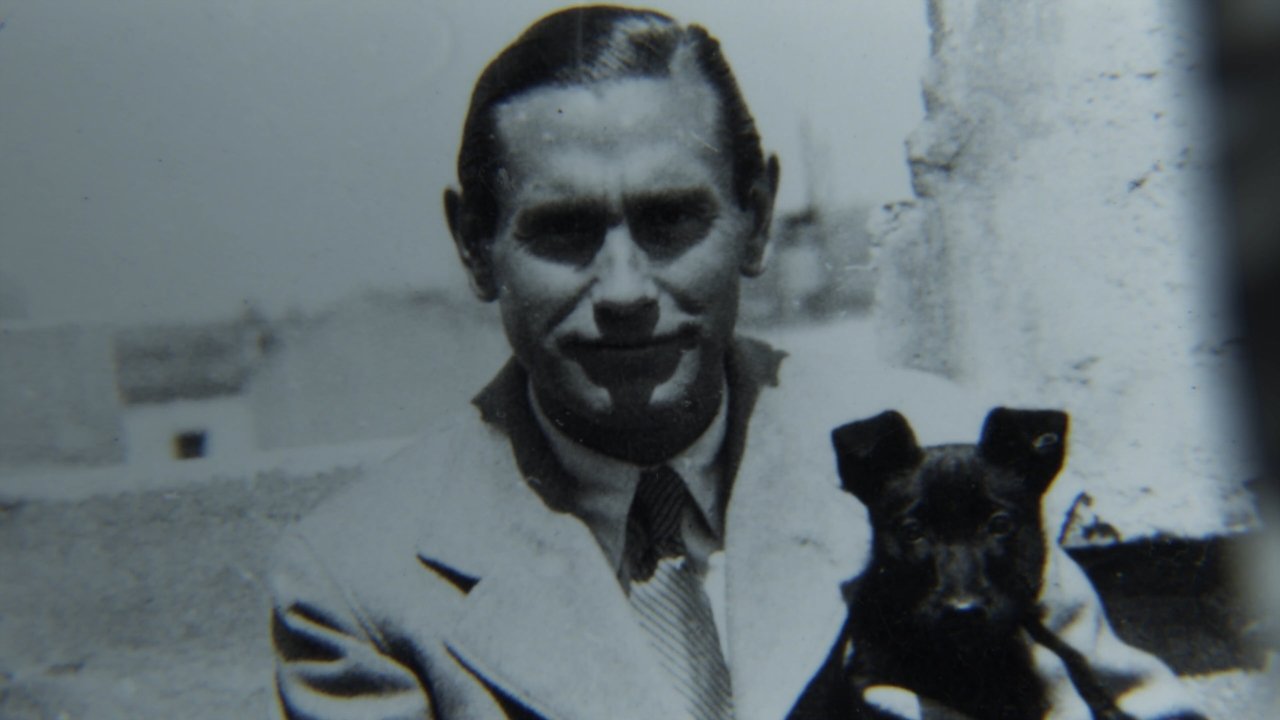

Urraca, cazador de rojos(2022)
Pedro Urraca, Spanish policeman and Gestapo agent led the persecution of numerous Spanish Republican loyalists exiled in France during the Nazi occupation. The portrait of a sinister character through the testimony of his granddaughter.
Movie: Urraca, cazador de rojos

Urraca, cazador de rojos
HomePage
Overview
Pedro Urraca, Spanish policeman and Gestapo agent led the persecution of numerous Spanish Republican loyalists exiled in France during the Nazi occupation. The portrait of a sinister character through the testimony of his granddaughter.
Release Date
2022-11-08
Average
5
Rating:
2.5 startsTagline
Genres
Languages:
CatalàEspañolFrançaisKeywords
Recommendations Movies
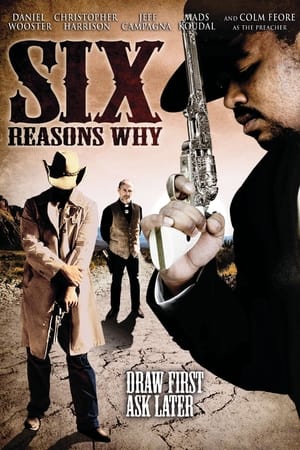 5.2
5.2Six Reasons Why(en)
In a desolate place called the Badlands, four men stand off with guns drawn, their fingers ready at the trigger. Among them are a fugitive seeking redemption, a son out to avenge his father's murder, a loyal servant with a secret and a murderous criminal hired to kill with a vengeance. This is their story...in a place where revenge, deception and cruelty are a way of life.
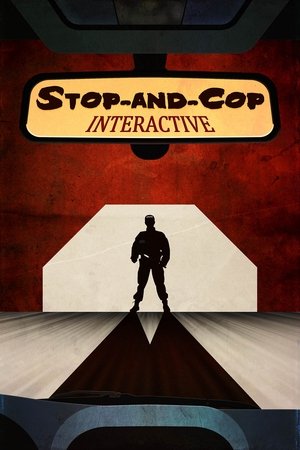 8.5
8.5Stop-and-Cop Interactive(fr)
STOP + Cop = "Stop" or "Slow down" ? Make the right choice. An interactice movie by Ken Arsyn.
Six: Inside(en)
Delves deep into the anxiety, thrill and uncertainty of six aspiring animation artists as they are plunged into the twelve-week trial-by-fire that is the NFB's Hothouse for animation filmmakers.
 4.3
4.3Psycho Hannibal(ja)
A series of bizarre murders. Psychometer Rinko cooperates with detectives in the investigation. The investigation is a difficult one, and the only clues are Rinko's visions when she is in ecstasy, and the crazy smile of a creepy man that appears vaguely.
 5.2
5.2They Call Him Mister Babadook: The Making of The Babadook(en)
A short documentary about the making of Jennifer Kent's 'The Babadook'.
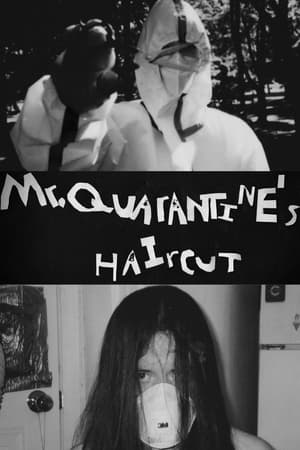 10.0
10.0Mr. Quarantine's Haircut(en)
Martin is a hermit overreacting to the covid-19 pandemic. He never goes outside and hoards toilet paper. Wanting to change his life, Martin breaks his prolonged quarantine by leaving his apartment to get a haircut. In this comedy, one discovers that getting a good haircut isn't that easy.
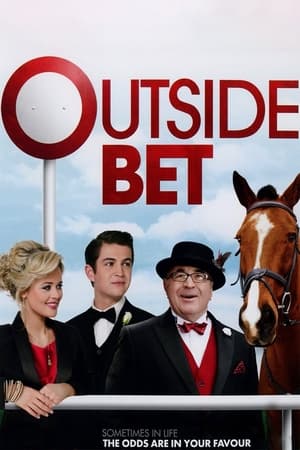 4.7
4.7Outside Bet(en)
A group of print workers in 1980s London club together to buy a race horse.
Targeting Bin Laden(en)
HISTORY's global television event tells the inside story of the operation to hunt and kill Osama bin Laden. From decision-making in the White House to the attack on the compound in Abbottabad, How We Got Bin Laden brings the most compelling story in recent history to life for the first time.
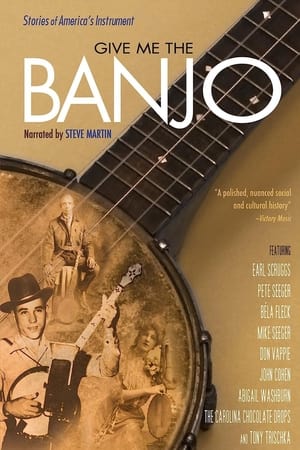 7.2
7.2Give Me the Banjo(en)
The Banjo Project is a cross-media cultural odyssey: a major television documentary, a live stage/multi-media performance, and a website that chronicle the journey of America’s quintessential instrument—the banjo—from its African roots to the 21st century. It’s a collaboration between Emmy-winning writer-producer Marc Fields and banjo virtuoso Tony Trischka (the Project’s Music Director), one of the most acclaimed acoustic musicians of his generation.
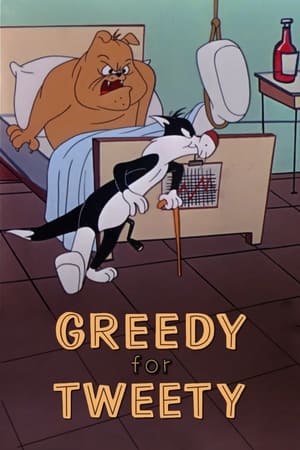 7.1
7.1Greedy for Tweety(en)
Sylvester Cat chases Tweety Bird into busy city streets as he himself is being chased by a bulldog. All three are in an accident and taken to an animal hospital, each with a broken leg.
 5.6
5.6Uncontrolled Love 2(zh)
Xie Yan realizes his love for Shu Nian, but Shu Nian hides his feelings. After Shu Nian is fired by Xie Yan's father, their relationship faces more turmoil.
 8.1
8.1Bronze TV Channel 56 8/17/23(en)
You are now keyed into the only channel that matters. Broadcasting from NYC and beyond, Bronze TV is back.
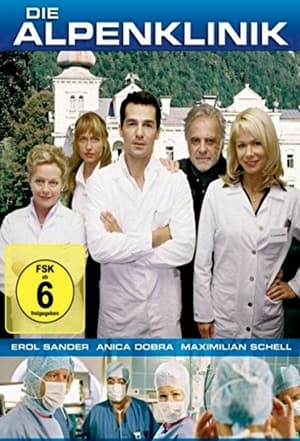 3.0
3.0Die Alpenklinik(de)
After an alleged malpractice that led to the death of his brother, heart surgeon Daniel Guth took the consequences: he gave up his beloved job and retreated into the solitude of nature. At his place of refuge, the Salzburg mountains, the heiress to a private clinic is desperately looking for a capable chief physician. Daniel declines the post, although he finds the woman attractive. When a boy is seriously injured in a bus accident, he is confronted with his trauma again.
 9.9
9.9The Way to the Heart(en)
Ava, an award-winning chef at a big-city restaurant, has lost her spark. Her boss sends her out to find herself to save her menu and her job. She returns home and finds little to inspire her, but when she reunites with her childhood friend Logan, Ava has to get her head out of the clouds and her foot out of her mouth to rediscover her passion for food.
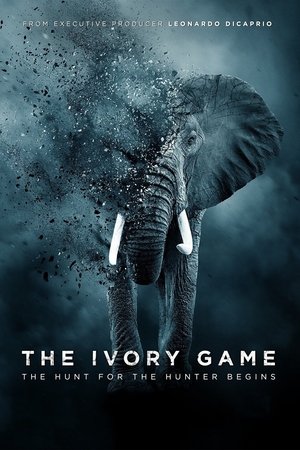 7.5
7.5The Ivory Game(en)
Wildlife activists and investigators put their lives on the line to battle the illegal African ivory trade, in this suspenseful on-the-ground documentary.
Similar Movies
Return to Life(fr)
In this propaganda film intended to raise money for republicans fighting in the Spanish Civil War, Henri Cartier-Bresson first presents the achievements of the Spanish Republic in the field of public health. He then shows how members of the public and organizations across the world were supporting the fighters.
 0.0
0.0The Grass Dwellers(es)
Juan Méndez Bernal leaves his house on the 9th of april of 1936 to fight in the imminent Spanish Civil War. 83 years later, his body is still one of the Grass Dwellers. The only thing that he leaves from those years on the front is a collection of 28 letters in his own writing.
 5.0
5.0Francisco Boix: A Photographer in Hell(es)
In 1939, just finished the Spanish Civil War, Spanish republican photographer Francesc Boix escapes from Spain; but is captured by the Nazis in 1940 and imprisoned in the Mauthausen concentration camp, in Austria, a year later. There, he works as a prisoner in the SS Photographic Service, hiding, between 1943 and 1945, around 20,000 negatives that later will be presented as evidence during several trials conducted against Nazi war criminals after World War II.
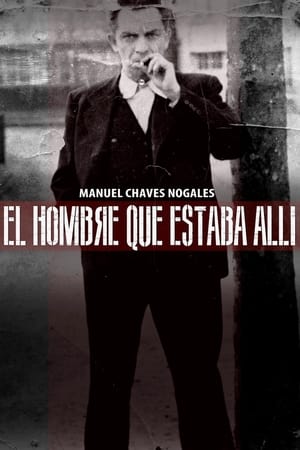 6.0
6.0The Man Who Was There(es)
The Spanish journalist Manuel Chaves Nogales (1897-1944) was always there where the news broke out: in the fratricidal Spain of 1936, in Bolshevik Russia, in Fascist Italy, in Nazi Germany, in occupied Paris or in the bombed London of World War II; because his job was to walk, see and tell stories, and thus fight against tyrants, at a time when it was necessary to take sides in order not to be left alone; but he, a man of integrity to the bitter end, never did so.
 6.5
6.5Songs for After a War(es)
A particular reading of the hard years of famine, repression and censorship after the massacre of the Spanish Civil War (1936-39), through popular culture: songs, newspapers and magazines, movies and newsreels.
 8.1
8.1The Silence of Others(es)
The story of the tortuous struggle against the silence of the victims of the dictatorship imposed by General Franco after the victory of the rebel side in the Spanish Civil War (1936-1975). In a democratic country, but still ideologically divided, the survivors seek justice as they organize the so-called “Argentinian lawsuit” and denounce the legally sanctioned pact of oblivion that intends to hide the crimes they were subjects of.
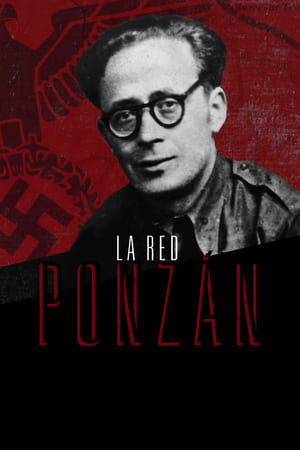 6.0
6.0The Ponzán Network(es)
During the Spanish Civil War (1936-1939) and the Second World War (1939-1945), around three thousand people managed to elude their pursuers, and probably also avoided being killed, thanks to the heroic and very efficient efforts of the Ponzán Team, a brave group of people — mountain guides, forgers, safe house keepers and many others —, led by Francisco Ponzán Vidal, who managed to save their lives, both on one side and the other of the border between Spain and France.
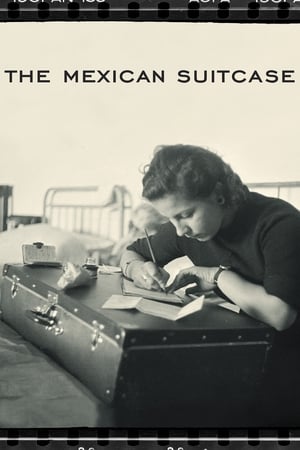 7.8
7.8The Mexican Suitcase(es)
The story of the recovery of the negatives of thousands of photos taken by three photographers during the Spanish Civil War that were found seventy years later in a suitcase, inside a closet in Mexico City.
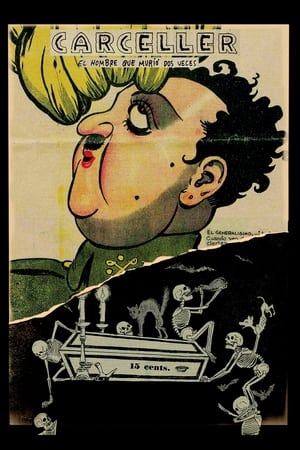 7.5
7.5Carceller, the Man Who Died Twice(es)
The life story of Vicente Miguel Carceller (1890-1940), a Spanish editor committed to freedom who, through his weekly magazine La Traca, connected with the common people while maintaining a dangerous pulse with the powerful.
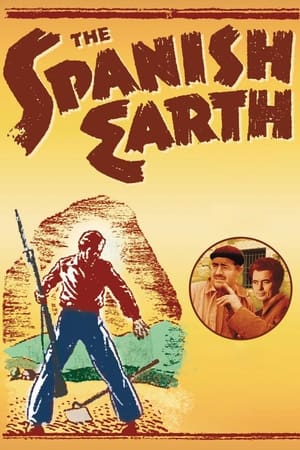 6.5
6.5The Spanish Earth(en)
A propaganda film made during the Spanish Civil War in support of the Republican government against the rebellion by Gen. Francisco Franco's forces who were backed by Nazi Germany and Fascist Italy. The film would have been seen by those making it as a documentary.
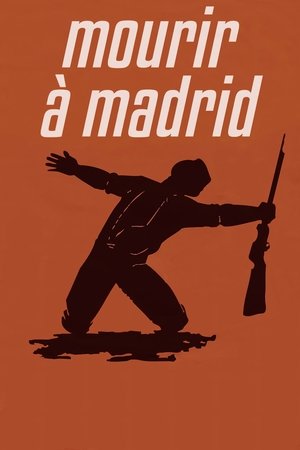 7.5
7.5To Die in Madrid(fr)
Morir en Madrid brings together several papers on the Spanish Civil War and integrates capturing different points of view, intended to represent the continuity of the suffering of the Spanish during the Franco regime. The death of Federico Garcia Lorca, Guernica, the defense of Madrid, the International Brigades, are some of the items comprised in this document.
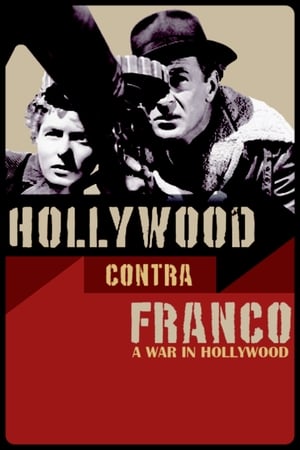 6.8
6.8A War in Hollywood(es)
The Spanish Civil War (1936-1939) caused a great impression on the lives of most of the American artists of that era, so many movies were made in Hollywood about it. The final defeat of the Spanish Republic left an open wound in the hearts of those who sympathized with its cause. The eventful life of screenwriter Alvah Bessie (1904-1985), one of the Hollywood Ten, serves to analyze this sadness, the tragedy of Spain and its consequences.
 6.3
6.3La guerrilla de la memoria(es)
The Story of the maquis, those fighters who resisted the Spanish Civil War after the victory of Franco's side and went from Mount struggle against fascism.
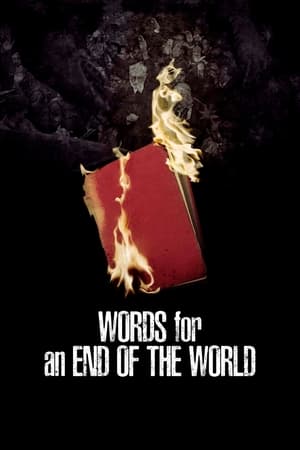 6.7
6.7Words for an End of the World(es)
Spain, April 14, 1931. The Second Republic is born. From the beginning, the writer Miguel de Unamuno is considered one of the ethical pillars of the new regime. Five years later, on December 31, 1936, a few months after the outbreak of the Spanish Civil War (1936-39), Unamuno dies at his home in Salamanca, capital of the rebel side, led by General Francisco Franco, and main center of dissemination of its propaganda apparatus.
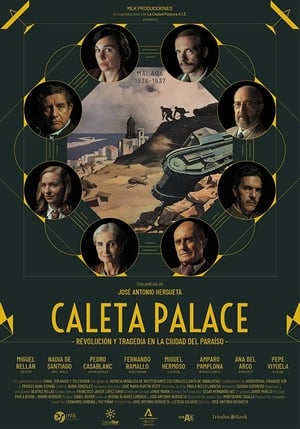 0.0
0.0Caleta Palace(es)
Eight foreign characters recall their exploits and fears in Malaga, a paradise city that starts a revolution on July 18th 1936, as the military coup is stopped by popular rebellion, until February 9th 1937, when Mussolini troops take Malaga and put it under the rule of Franco. Seven months that shape the stark tale of a besieged city, the first capital to be conquered in Spanish Civil War and a prelude of WW2.
 0.0
0.0In Battle Against the Enemy of the World: German Volunteers in Spain(de)
Nazi propaganda film about the Condor Legion, a unit of German "volunteers" who fought in the Spanish Civil War on the side of eventual dictator Francisco Franco against the elected government of Spain.
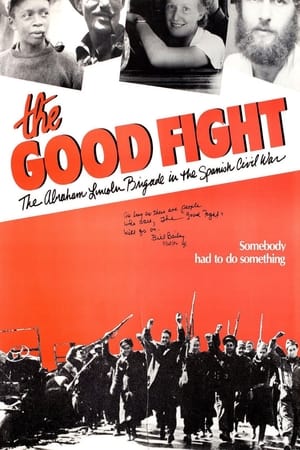 4.8
4.8The Good Fight: The Abraham Lincoln Brigade in the Spanish Civil War(en)
This documentary examines the experiences of the Abraham Lincoln Brigade, using interviews with survivors more than 50 years later. First, the film sets the context with the rise of Fascism. Then, in 1936, Spain's military revolts against the elected government, and the U.S. and Europe agree not to intervene. In response, volunteers snuck past border guards into Spain to fight with the Republicans. The men and women veterans describe the perils of reaching Spain, limited training, responsibilities of command thrust on the very young, deprivations of a soldier's life, lack of matériel, horrible rates of casualties, and ultimate vindication at the end of World War II.
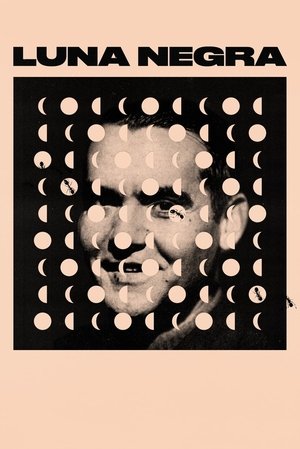 0.0
0.0Luna Negra(es)
Third film of Juan José Ponce's trilogy about Federico García Lorca.

